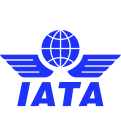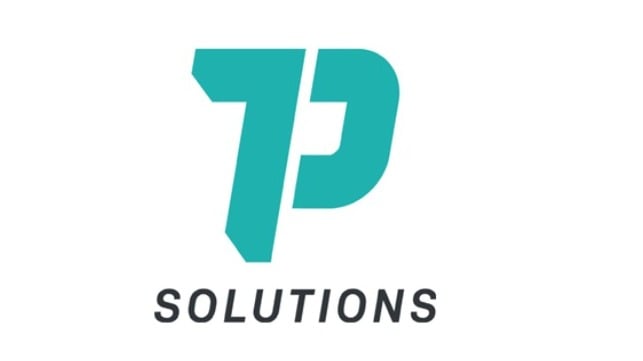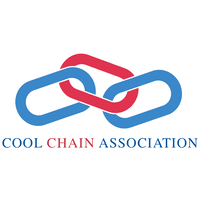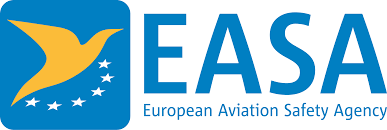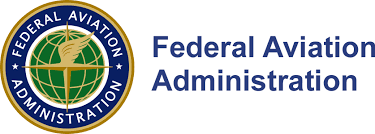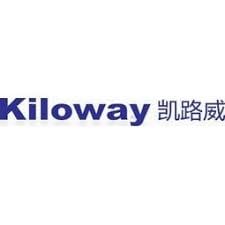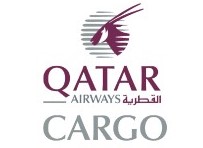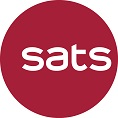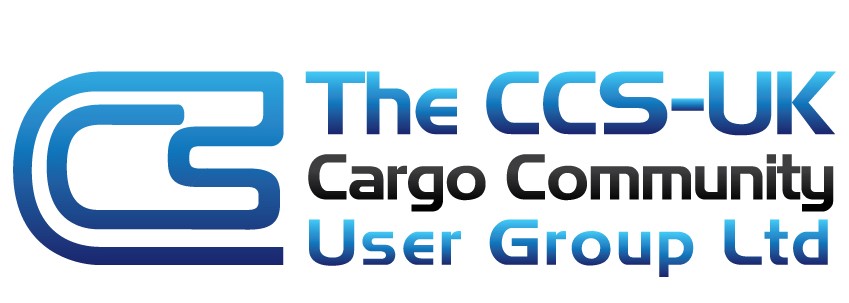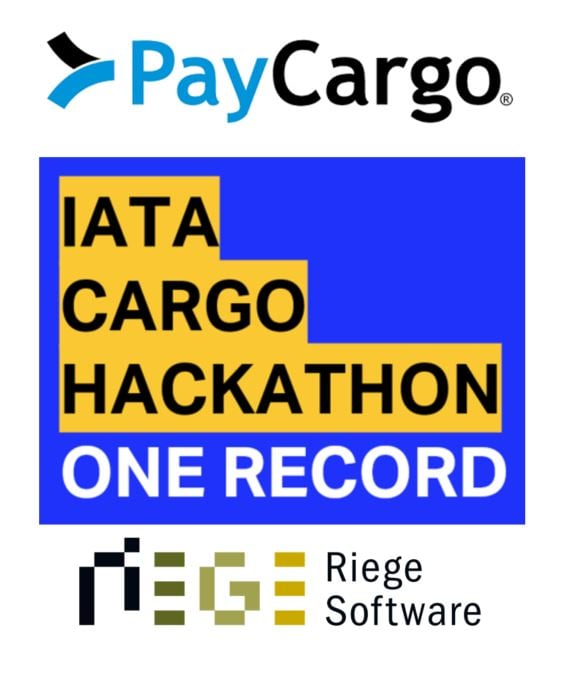Need Help?
Air cargo customers demand more end-to-end visibility and real-time information about their shipments. The demand for these capabilities is expanding with the growth of e-commerce and increased quantities of special cargo flown. Online retailers and shoppers wish to know where their shipments are at any time. Producers of fresh food, perishable items and pharmaceuticals wish to know in which conditions their shipments are moving
Need Help?
Making Cargo Talk
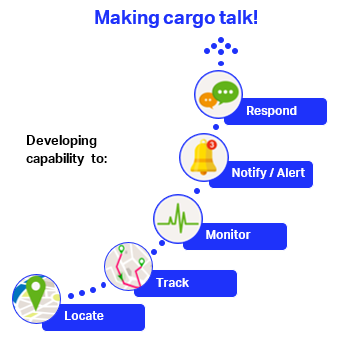
Equipping the industry with interactive cargo capability is imperative to improve the value proposition of air cargo and capitalize on e-commerce and special cargo growth.
Air cargo suppliers need that information on an individual piece level to take proactive actions to ensure compliance with customers' and regulators’ demands. This is valid for all types of products and is becoming a critical requirement for Special Cargoes (pharma, perishables, live animals, vulnerable, high value, etc.).
Find out more about
Interactive Cargo project objectives
- Simplify and standardize the air carriers’ process for the approval of the use of portable electronic devices on board aircraft.
- Define the IoT device data elements to be captured and shared among the supply chain actors and ensure visibility and traceability of the air cargo supply chain. The data elements will then be integrated into the IATA ONE Record Data Model.
- Add an amendment to the conditions of carriage for cargo on the Data Use Agreement to clarify the legal context of data use.
- Run pilot projects to operationally validate the IATA standards.
Designed for
- Shippers
- Freight Forwarders
- Ground Handlers
- Airlines
- International or National Organizations in Air Cargo
- Aircraft Manufacturers
- Device Manufacturers
- ULD Manufacturers
- IT Service Providers
Deliverables
- Recommended Practice - IoT device data sharing in air cargo: This recommended practice defines the common vocabulary for air cargo to enable cargo interactions using IoT devices. This standard enables data sharing between supply chain actors through the integration of these data elements into the ONE Record data model available on the IATA Cargo GitHub.
- Recommended Practice - Approval of the use of portable electronic devices for air cargo: This recommended practice introduces a simplified and standard approval process for the use of portable electronic devices onboard aircraft. The standard approval request form can be downloaded here. This Excel file lists the recommended minimum information and supporting documents to be provided by a device manufacturer to an airline to request approval of their device.\
- The recommended practices are available in the next release of the Cargo Services Resolution Manual.
- Amendment to the Recommended Practice 1601 Conditions of Carriage for Cargo: As the Internet of Logistics is becoming a reality, the legal landscape needs to evolve. This amendment specifies the conditions to use IoT devices for air cargo.
- Standard Operating Procedures for cargo interactivity: These documents provide guidelines to the industry stakeholders on IoT device handling and IoT data sharing.
Pilots
The following pilot projects (pdf) will validate the IATA standards:
- Real-time cargo tracking for shipments requiring special handling
- Visibility, tracking and alerts at the piece level
- Smooth border crossing by data sharing and logistics transparency
- Real-time tracking through a web platform compliant with the IATA ONE Record data model
- IoT data collection, distribution, and reporting
- Approval of the use of Portable Electronic Device (PED) for air cargo
- IATA pre-assessment of cargo tracking devices
- Other pilots to come.
Contact us if you wish to take part or propose your own pilot project.
Meetings
The Interactive Cargo Task Force meets quarterly to review the project. The meetings are listed in the Work Groups Calendar. In addition, work package meetings are held once or twice a month.
Membership
The Interactive Cargo Task Force is composed of more than 50 participants representing the whole supply chain:
- 20 members representing their area of expertise. They are nominated by the IATA Cargo Operations and Technology Board (COTB);
- Observers from IATA Members and industry stakeholders, including Strategic Partners, may attend the meetings with the agreement of the Secretary;
- IATA subject matter experts from other groups such as the Dangerous Goods Board (DGB), Cargo iQ, the Ground Handling Consultative Council (ICHC), the Live Animals and Perishables Board (LAPB), the ONE Record Task Force (ORTF), and the ULD Board (ULDB).
- Invited experts: From time to time, for specific topics, the Secretary invites industry experts for consultation.
If you are interested in joining the Task Force or want to find out more, contact us at interactivecargo@iata.org.
Many thanks to the key players involved in the Interactive Cargo project for making cargo talk!
Contact us
Project Manager Interactive Cargo, IATA
